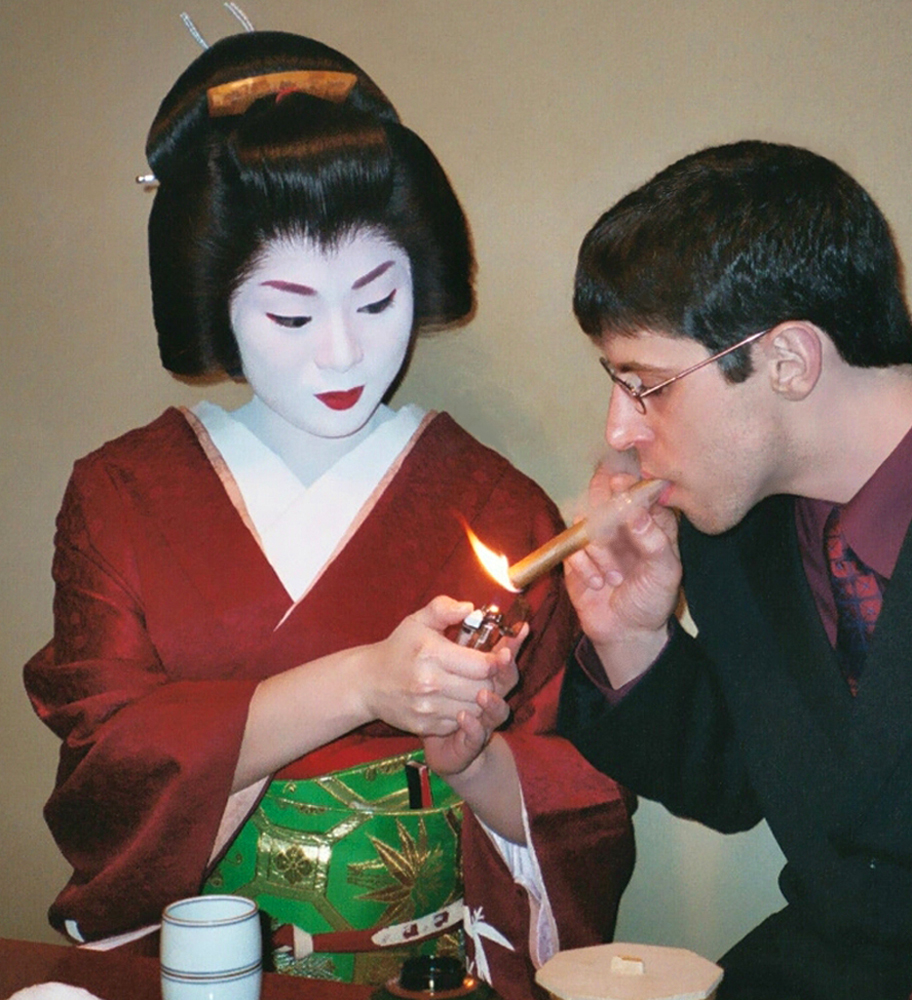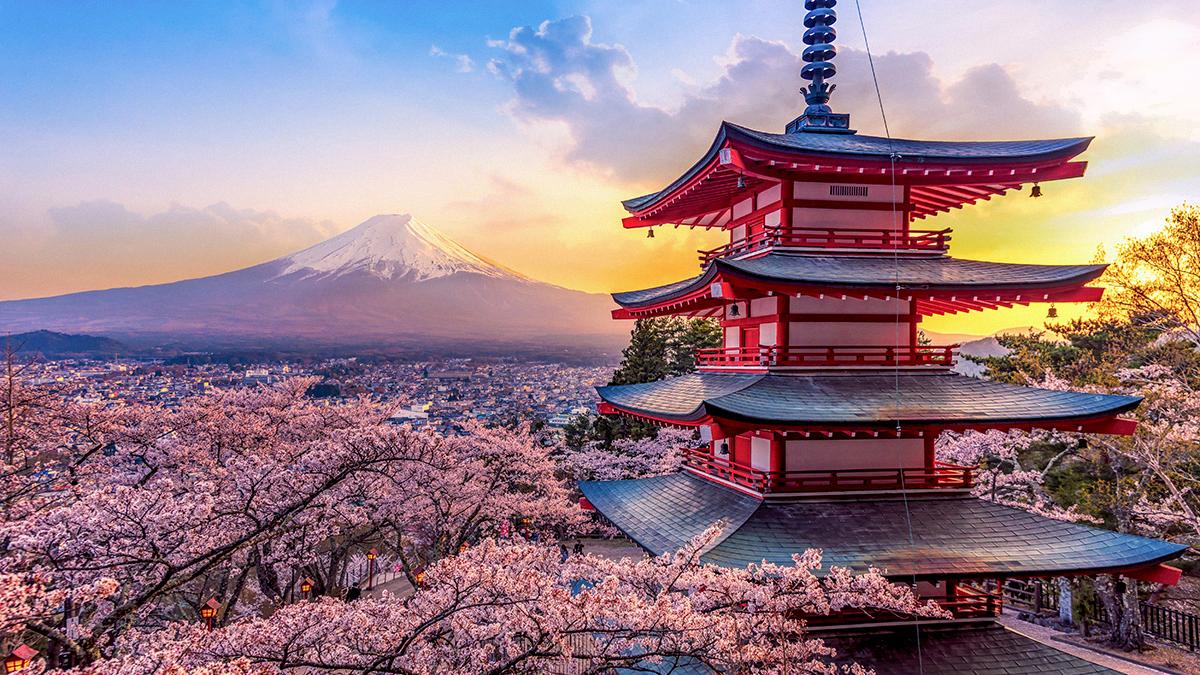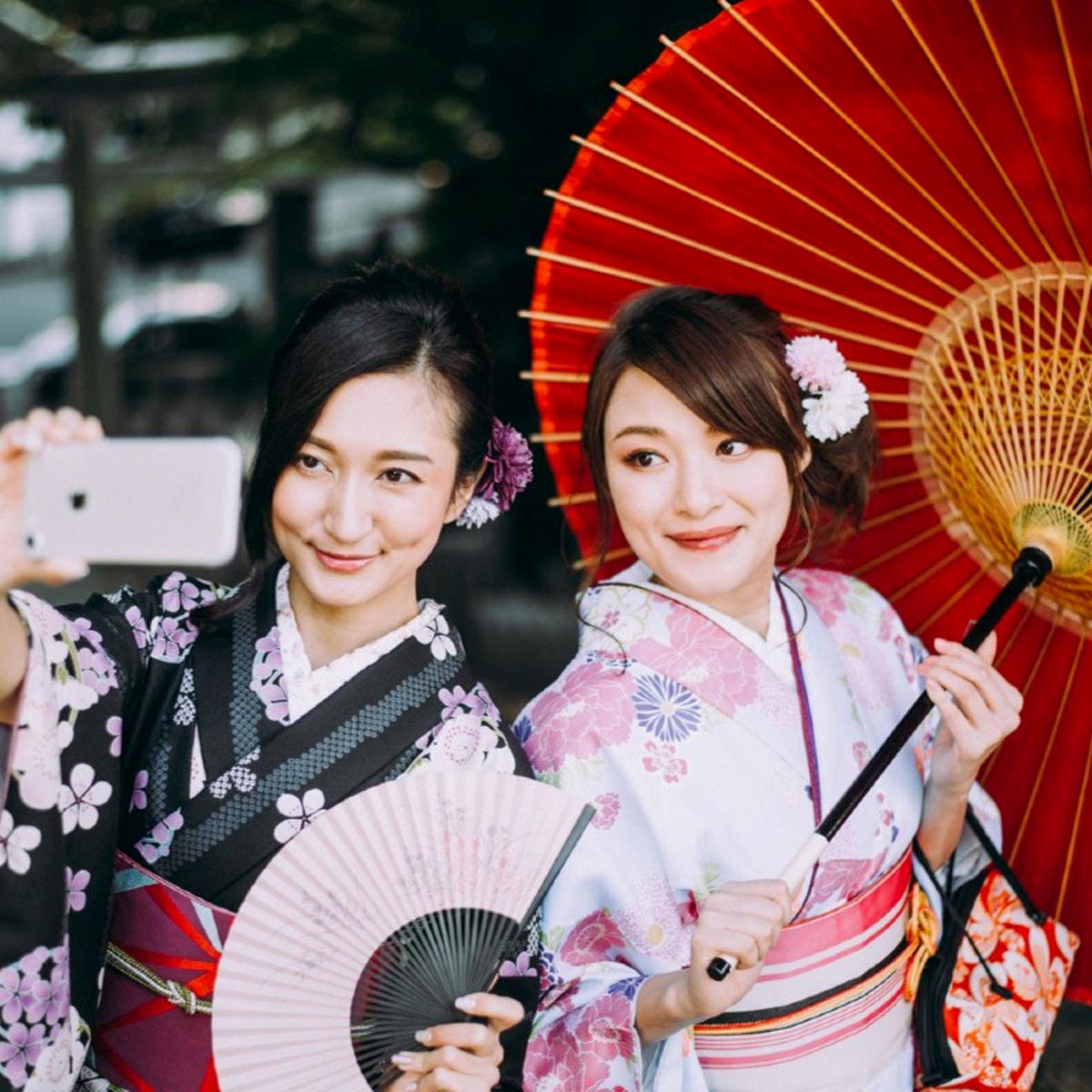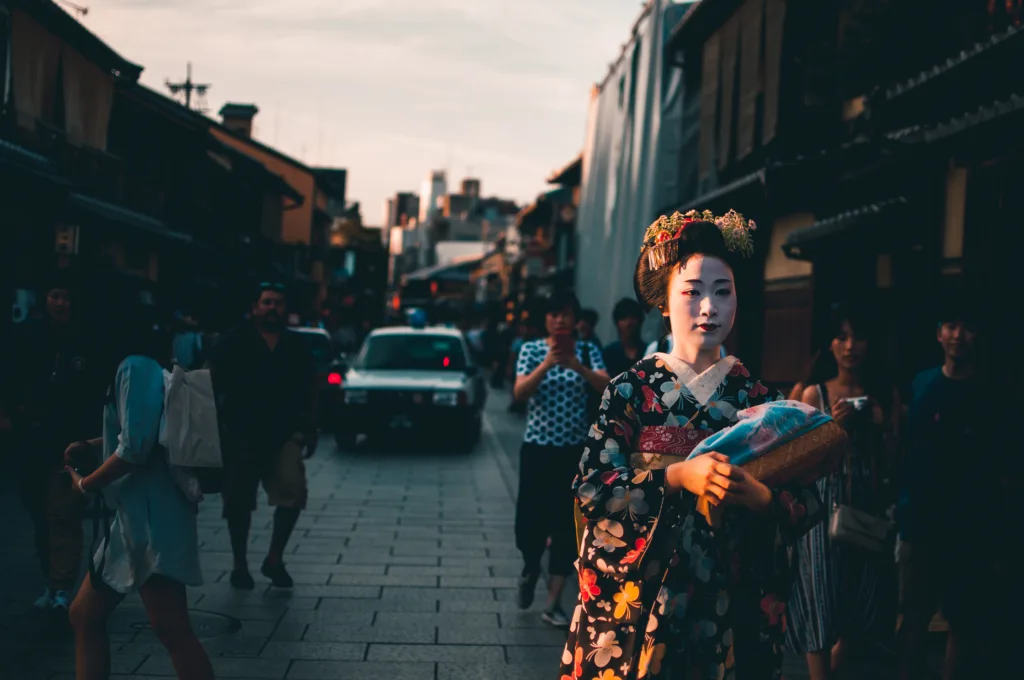Have you ever heard of Danna? In Japanese, danna (旦那) is an old-fashioned term used to refer to the husband of someone else. It has a lot of history in the service industry, where it was used by geisha and othes to address the noble, high-ranking men they attended to.
The word danna has a few different meanings. It can mean a master, a husband, or the patron of a mistress or hostess. It can also be used as an honorific suffix, such as “sir” in English. If it’s being used like an honorific, it will sound very old-fashioned.
In the past, some geisha were supported financially by patrons called “danna”. A danna would pay for almost all of a geisha’s lifestyle, including her clothes, jewelry and living expenses. This kind of support was incredibly expensive so only wealthy men could afford it.
Today, danna still exist in Japanese society though they are rare. The term is not just an honorific; it also reflects the patriarchal history in Japan and how some women relied on male patrons for financial support and stability.
Whether you’re interested in learning about Japanese culture or simply curious about this interesting word, understanding what danna means can help you better appreciate its importance and significance in Japan’s history.
The Meaning of Danna in Japanese Culture
In Japanese culture, a danna is an individual who financially supports a geisha, or female entertainer. The danna is typically a wealthy man who makes it possible for the geisha to maintain her lavish lifestyle. This includes covering all of her living expenses and purchasing expensive gifts like jewelry and clothing. In return, the geisha provides companionship and entertainment to the danna. While this traditional practice has largely diminished in recent years, it was once a popular way for wealthy men to support their favorite geishas.

What Does Having a Danna Mean for a Geisha?
For a geisha to have a Danna is an incredibly special and privileged situation. A Danna is an affluent man who financially supports the training and lifestyle of a geisha. This usually involves paying for the geisha’s tuition fees, expensive kimonos, lessons in traditional music and dance, and living expenses. The Danna also acts as a mentor for the geisha, teaching her about proper etiquette and how to behave in social situations. In exchange for his support, the geisha may be expected to provide companionship or entertainment to her Danna. Having a Danna is seen as a mark of prestige in Japanese society, as it shows that the geisha has been chosen by soeone of wealth and influence.
The Meaning of the Name ‘Danna’
Yes, 旦那 (danna) does mean husband in Japanese. It is used specifically to refer to the husband of someone else, rather than one’s own husband. The term has its origins in the service industry, where it was used by geishas and others to address noble, high-ranking men they attended to. Despite its history, today the term is widely used across Japan and carries no particular connotations or implications.
The Meaning of the Name ‘Danna’
No, Danna does not mean “boss.” It is an honorific used to refer to someone with a higher status than oneself. It can mean “master,” “husband,” the patron of a mistress, hostess, or geisha, or it can be used as a suffix meaning “sir.” While it is often used in this way, it is an old-fashioned phrase and should not be used as an equivalent for the English word “boss.”
Do Geisha Have Relationships With Their Danna?
No, geisha do not sleep with their danna, which is a term used to describe a patron who sponsors the services of a geisha. In the past, the relationship between a geisha and her danna may have been closer and more intimate in nature, but today the relationship is strictly professional. Geishas are highly trained and skilled entertainers who provide conversation, singing, dancing and other social activities for their patrons. They are not involved in any kind of sexual services.

Source: 1800flowers.com
Can Geisha Girls Get Married?
No, geisha girls cannot marry. This is an essential part of the profession, as geisha girls are expected to remain unmarried and dedicate themselves to their art. Geisha girls who wish to marry must leave their profession behind and can never return to it. While they may attempt to start over in another city with a different name and different rules, the process is usually difficult and near impossible.
Achieving a Higher Status Than a Geisha
The term ‘geisha’ refers to a female entertainer who is expertly trained in traditional Japanese arts such as music, dance, conversation and tea ceremony. Although geishas are highly respected and ther services are considered a luxury, there is a higher level of entertainment professional in Japan. The highest-ranking of them are the Oiran and Tayū.
Oiran (花魁) were the true courtesans who were found throughout the country and were at the top of the hanamachi pecking order, meaning ‘First Flower’. They were known for their beauty, education, wit and poise, as well as for their mastery of traditional arts such as singing, dancing and playing musical instruments. Oiran often had multiple clients – both men and women – that they would entertain with performances.
Tayū (太夫) were also highly regarded courtesans who specialized in singing and dancing. Although they did not have multiple clients like Oiran did, they were still considered to be of high status due to their expertise in Japanese cultural arts.
Overall, Oiran and Tayū are considered to be higher than geishas due to their level of expertise in traditional Japanese arts as well as their status within the hanamachi pecking order.
The Reason Behind a Geisha Cutting Her Leg
Mameha cut Sayuri’s leg in order to inflame the doctor’s lust for her, as part of a strategic plan to increase the bidding war for her virginity. Mameha knew that by pretending the cut was caused by a scissors accident, it would draw attention to her leg and appear as if she was injured and needed the doctor’s help. This would create an emotional bond between them and intensify his feelings for Sayuri, thus increasing his desire to win the auction.
The Significance of Geishas Hiding Their Faces
Geishas hide their face behind thick white makeup for a variety of reasons. Firstly, the makeup is used to emphasize their facial features, such as their eyes and lips. Secondly, the makeup acts as a mask which allows them to remain emotionally neutral while entertaining guests. This helps to ensure that guests feel comfortable and not offended by any expressions or reactions made by the Geisha. Finally, the makeup also serves as a sort of uniform, helping to distinguish Geishas from other entertainers and creating an air of mystery around them.

Source: nationaltoday.com
How Japanese Refer to Their Wives
In Japanese, there are several ways to refer to one’s wife. The most common word is okusan (奥さん / おくさん), which literally means “the person living in the iner part of the house”. Other terms used include tsuma (妻 / つま), which means “spouse”, and kamisan (上さん / かみさん), which translates to “honorable spouse”. Additionally, husbands typically address their wives by their given name when talking to each other. It’s important to note that there is no single word that encompasses all the different ways of referring to someone’s wife, so it may be helpful to be familiar with a few of these terms in order to be able to communicate effectively.
What Is the Japanese Term for Girlfriend?
Japanese people typically call their girlfriends kanojo (彼女 / かのじょ). It is a gender neutral term that can be used for any romantic partner. It is also used to refer to a female friend in certain contexts. Kanojo is often written in hiragana or katakana, but it can also be written in kanji (彼女).
What Is the Japanese Term for Boyfriend?
In Japanese, the word for boyfriend is kareshi (彼氏 / かれし). This term is used to refer to a romantic partner of the opposite sex. It is important to note that relationships in Japan are often more private than in many Western cultures. Even when two people are in a relationship, it is not common for them to outwardly express their feelings or affection for one another in public. Instead, couples tend to keep their interactions more intimate and private.
Head Geisha: Role and Title
The head geisha in an okiya is called the oka-san, which translates to “mother” in English. She is the leader of the house and is responsible for managing her geisha’s engagements, training, and finances. The oka-san also acts as a mentor for the younger geishas and helps them to learn the traditional ways of being a geisha. The oka-san is typically an experienced geisha who has been in the business for many years and knows how to make all of the necessary decisions related to running an okiya.

Japanese Terminology for Boss
In Japan, it is customary to refer to one’s boss as 部長 (buchou), which translates to “manager.” Depending on the workplace, this title may be used in combination with the person’s last name, such as “Tanaka-buchou.” Alternately, someone may simply refer to their boss as “Buchou” without including their last name. For company presidents, the title 社長 (shachou) is commonly used. This translates to “company president” and can also be used with or without the person’s last name. Both of these titles are respectful and appropriate for addressing one’s boss in Japan.
Are Geishas Women?
Yes, geishas are female. Geishas have been part of Japanese culture for centuries, with the first known geisha having appeared in the late 1700s. Traditionally, they were highly trained female artists whose purpose was to entertain male patrons through conversation, music, and dance. In modern times, geishas still exist as professional entertainers and often perform at businessmen’s parties in restaurants or teahouses. They are typically dressed in traditional kimonos and have their faces painted with white foundation and red lip paint. Geishas are highly respected for their skills and knowledge of traditional customs and practices.
Conclusion
In conclusion, the term danna is used in Japan to refer to the husband of someone else. It is a classical title that can mean master, a patron of a geisha or mistress, and sir when used as an honorific. This term is rooted in patriarchal history and was traditionally used to address noble, high-ranking men by geisha and those in the service industry. Though it is not widely used today, it still holds its place in Japanese culture.
